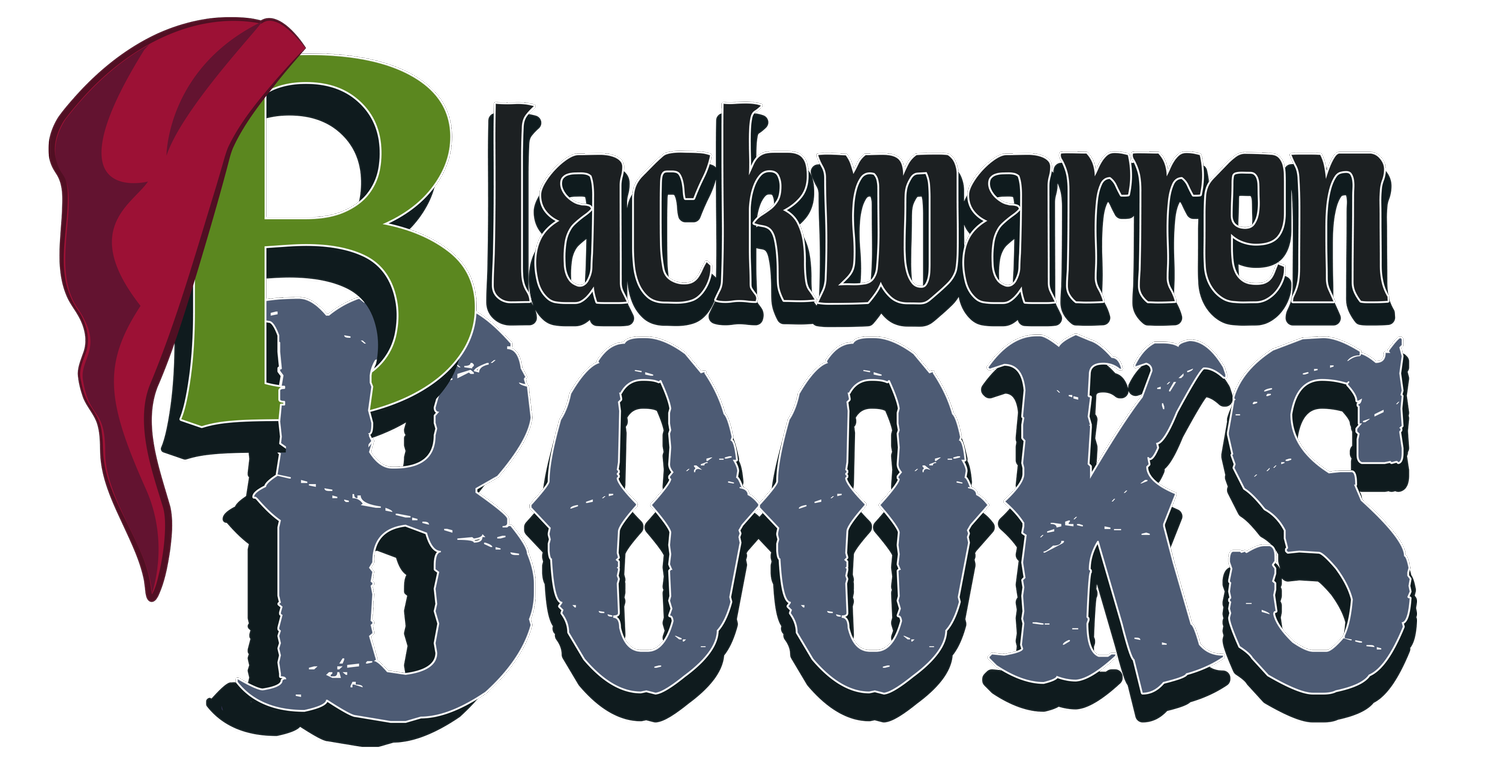The Intersectional Impact of Jesmyn Ward
We’ve reached the end of our look at the intersection of Queerness and Blackness for this week, and we’ve saved one of the best for last: award-winning writer and essayist Jesmyn Ward.
Praised for her lyrical prose, her unflinching exploration of difficult topics, and her representation of the lives of Black people in the American South, Jesmyn Ward is a linchpin of 21st-century literature. She has a well-earned reputation as a powerful voice for the Black community, and her work has helped to raise awareness of the challenges facing Black people in the United States, especially those associated with poverty, violence, and racism.
At the same time, her work also embodies many of the unique challenges that queer Black folk in America face. Ward’s essays, memoirs, and novels are crucial for providing context and insight into many places where just being queer or being Black doesn’t offer the totality of experiences necessary for deeper understanding. Her work has challenged stereotypes about Black people, especially queer Black people, and has shown the diversity of Black experiences in ways that have helped to change the way that people think about race, racism, and homophobia in America.
Being Queer and Black at the Same Time
Jesmyn Ward's work represents the queer experience in a number of ways. In her novels, she often features queer characters who are struggling to find their place in the world. She also writes about the challenges of being queer in a black community that is often homophobic. A clear example of this is in her novel Sing, Unburied, Sing, where she features the character of Jojo, a young black boy who is coming to terms with his sexuality. Jojo is raised in a community where homosexuality is not accepted, and he is forced to keep his sexuality a secret. However, he eventually finds acceptance and support from his grandmother, who tells him that "love is love."
Ward's work also explores the intersections of race and sexuality. In her memoir Men We Reaped, she writes about the death of her brother, who was murdered because he was gay. Ward explores the ways in which homophobia is often rooted in racism, and she shows how the black community can be both a source of support and a source of violence for queer people. This makes Ward’s work as important not just to the representation of queer people in literature but also to the Black experience. She writes about queer characters with honesty and compassion, and she shows the challenges and the joys of being queer in a Black community. Her work is an inspiration to queer people everywhere, especially queer people of color. For that alone, Jesmyn Ward’s body of work is an absolute must-read.
Enjoying this content? Want to see even more like it? Let us know by emailing ally@blackwarrenbooks.com or by stopping into our Discord server today!

